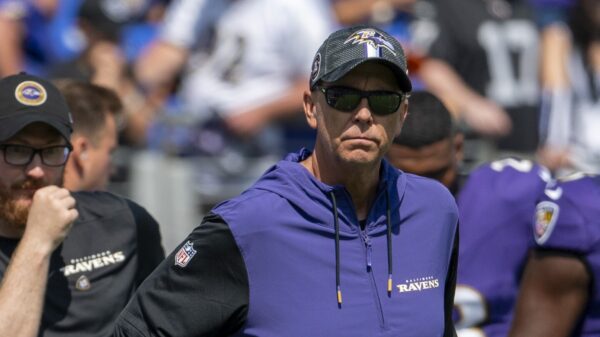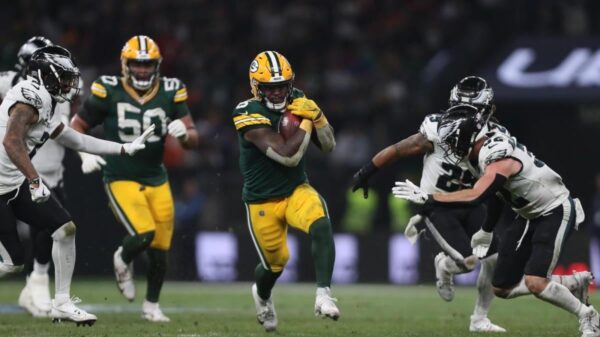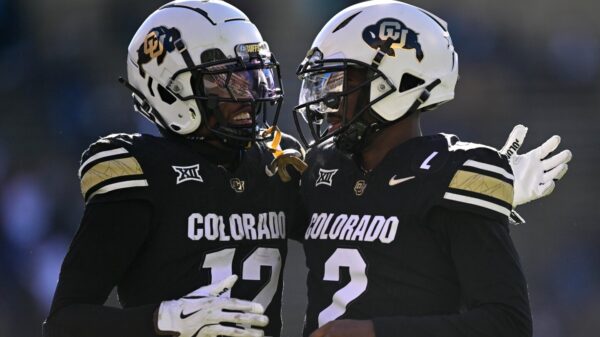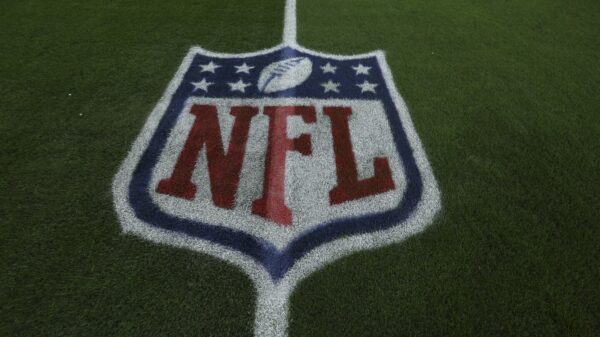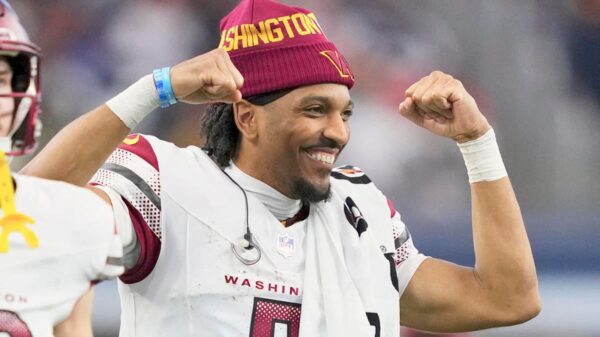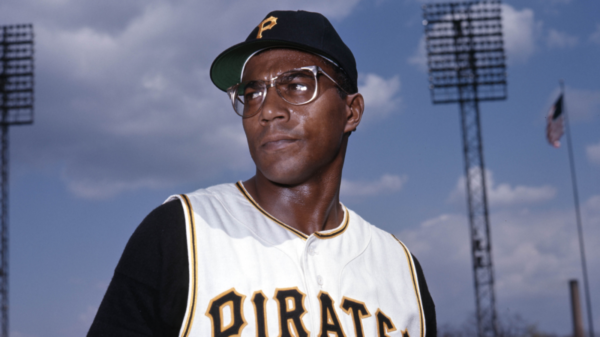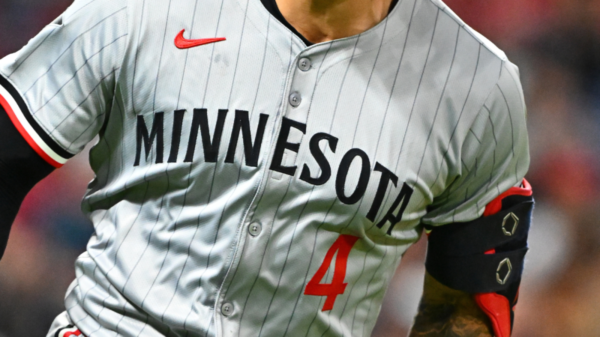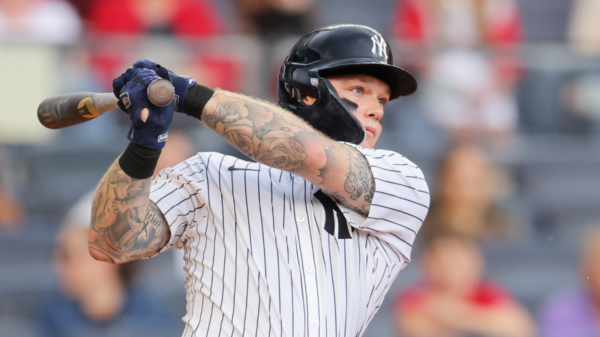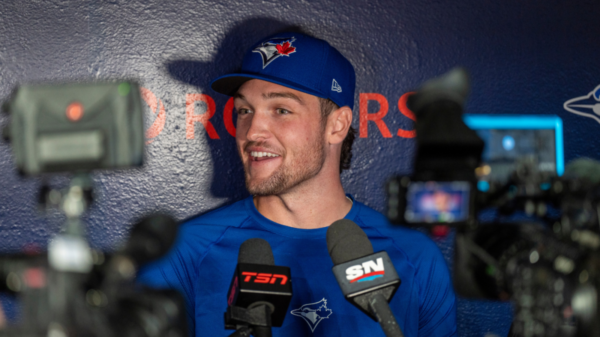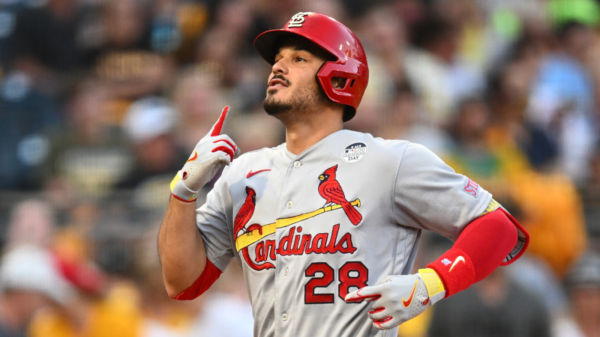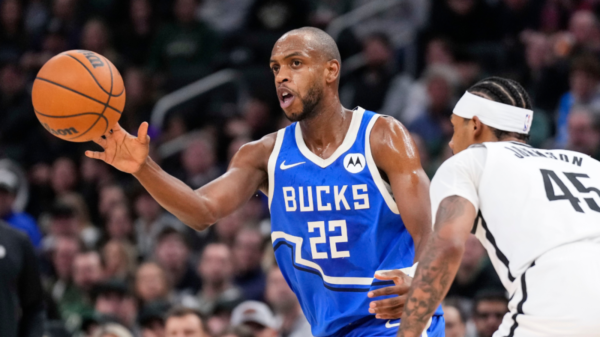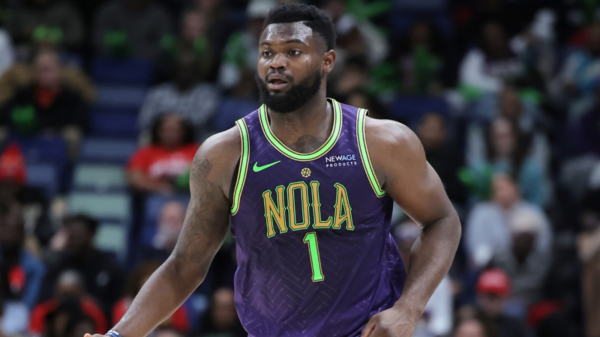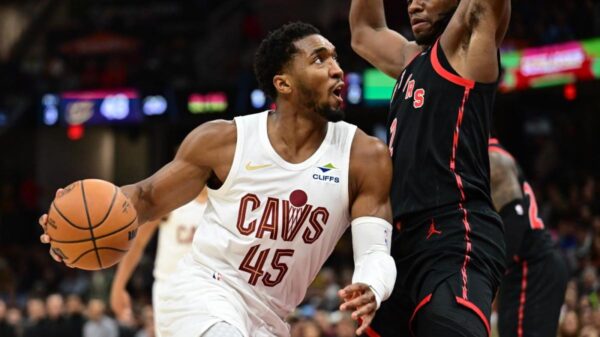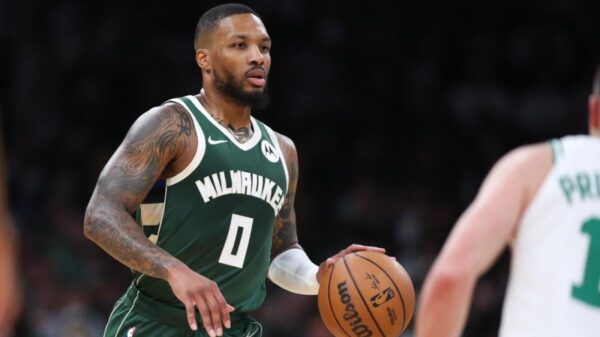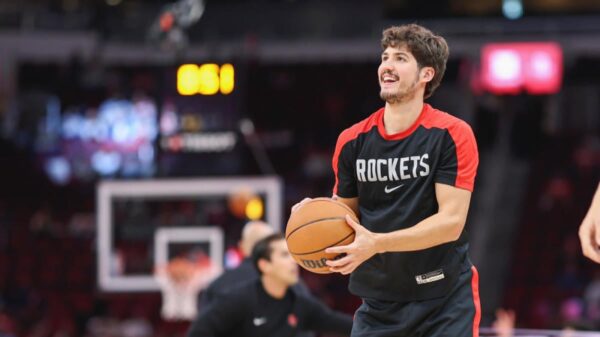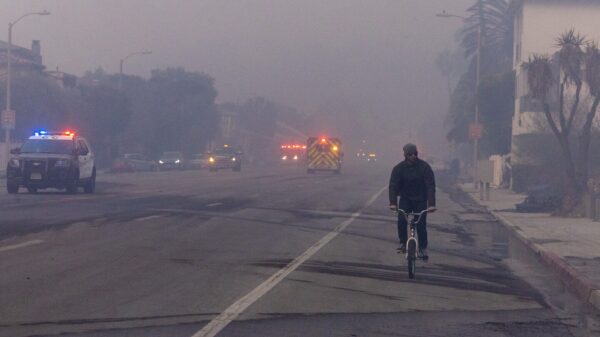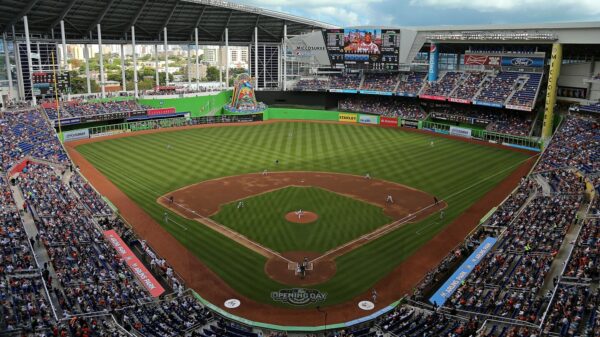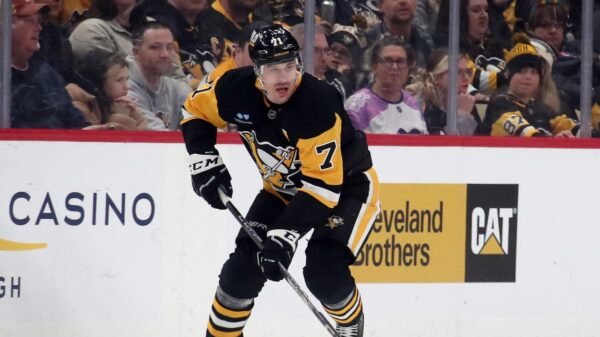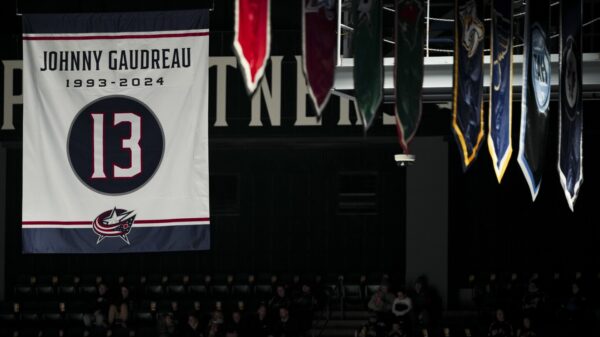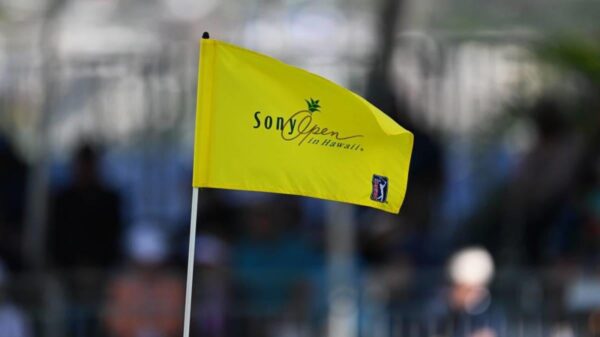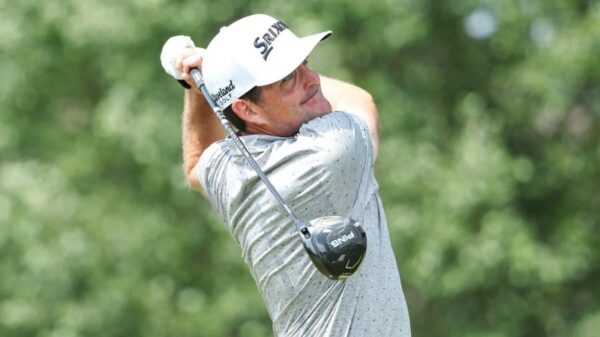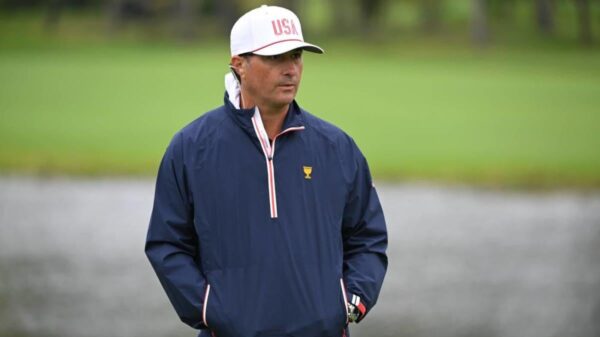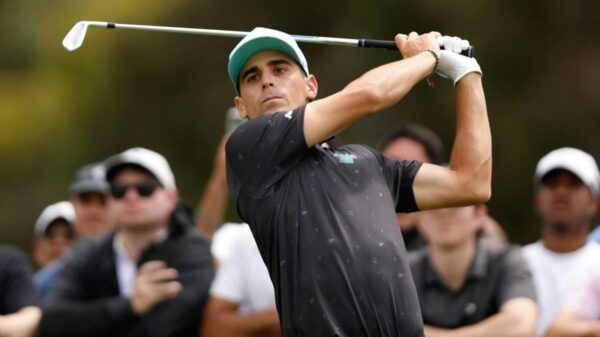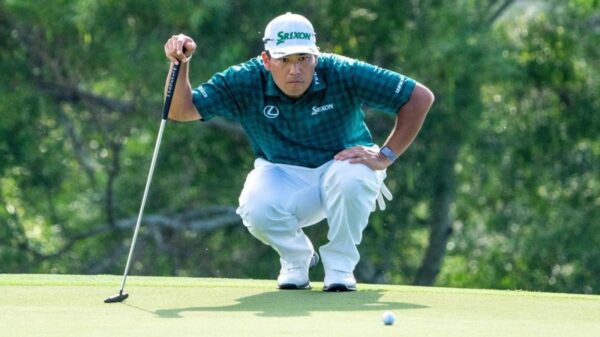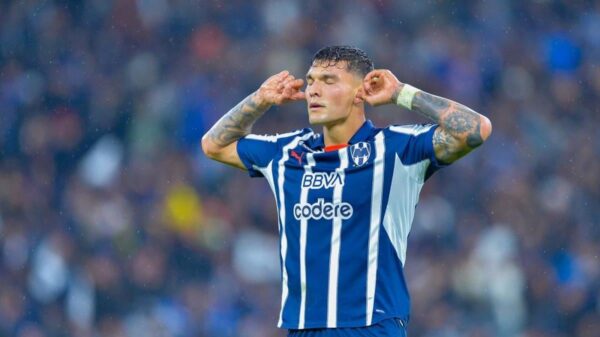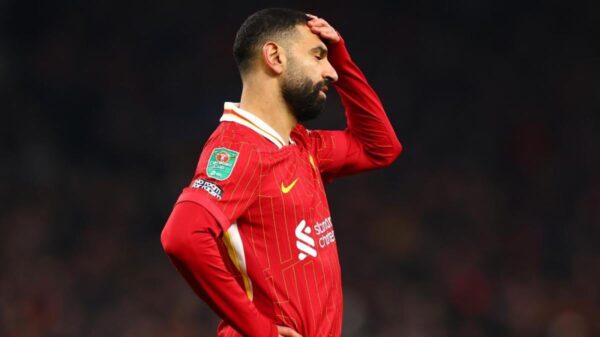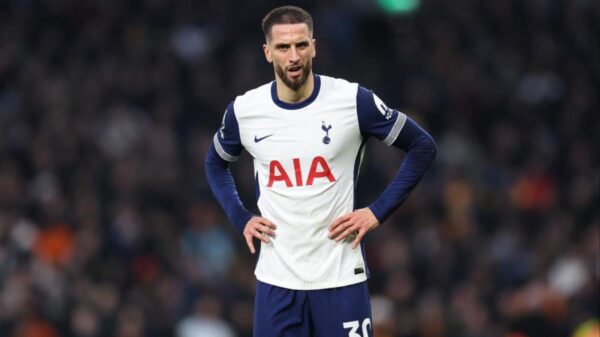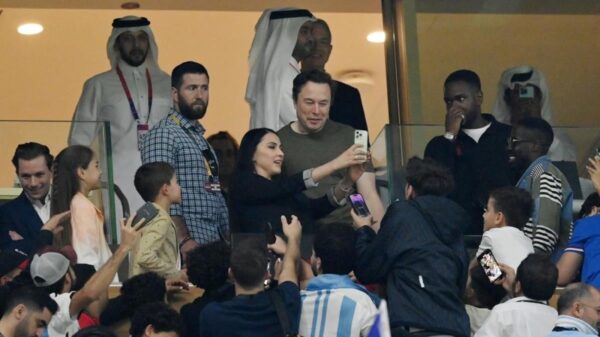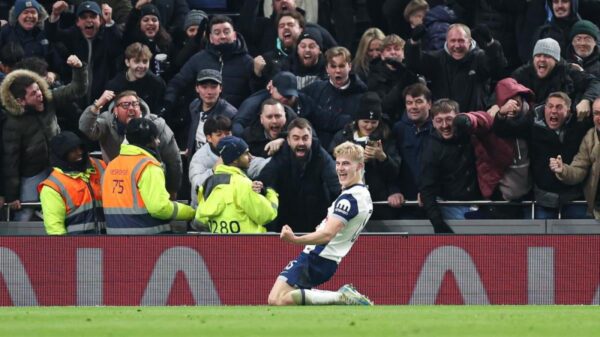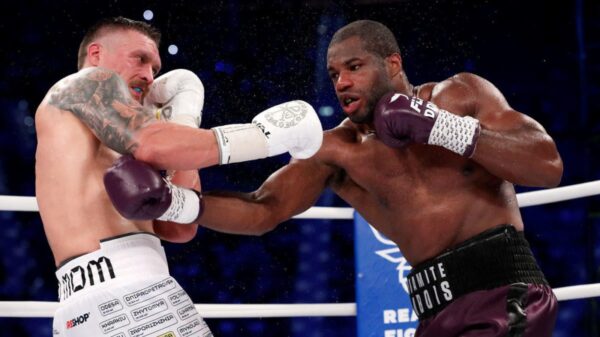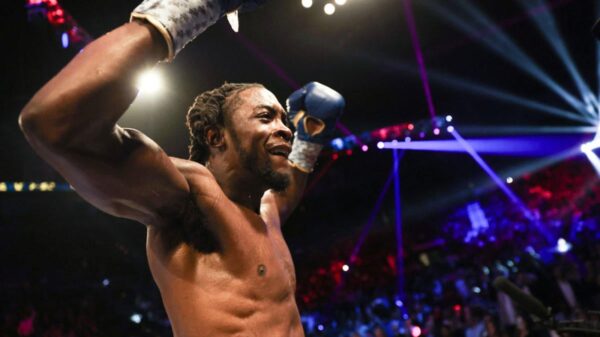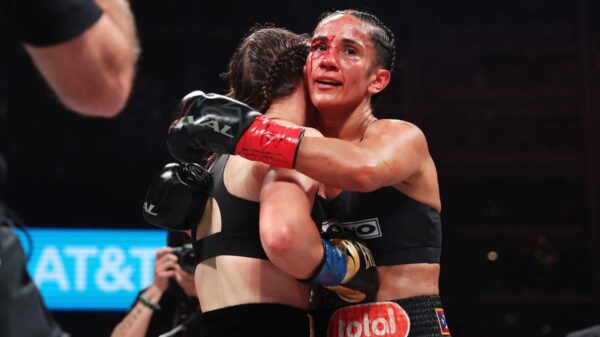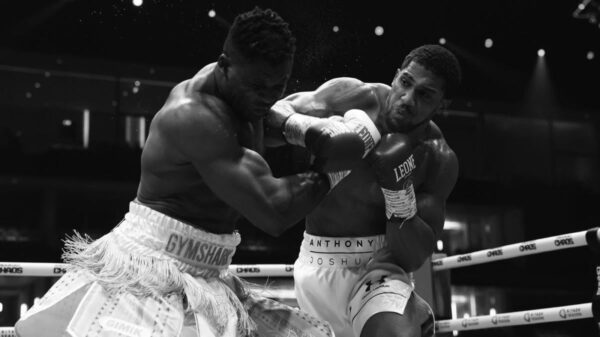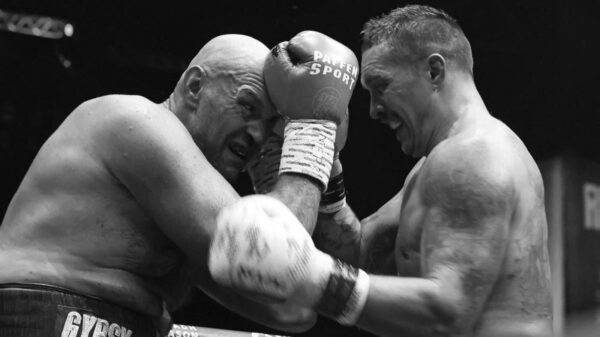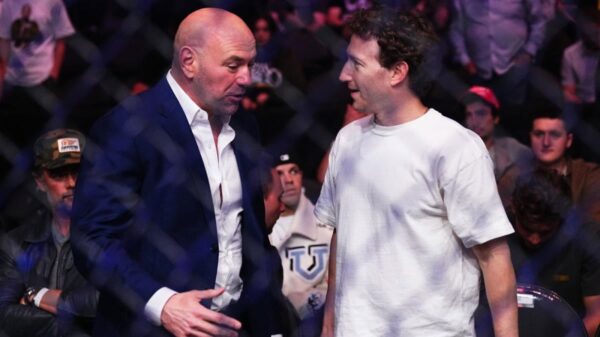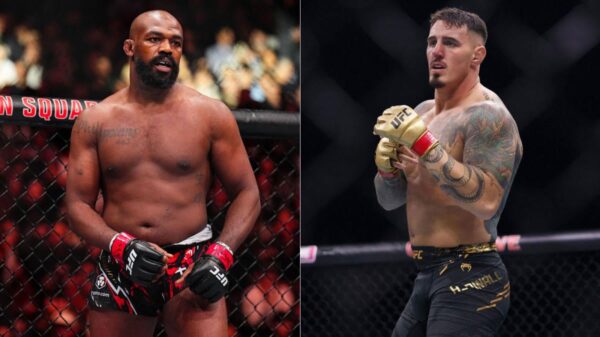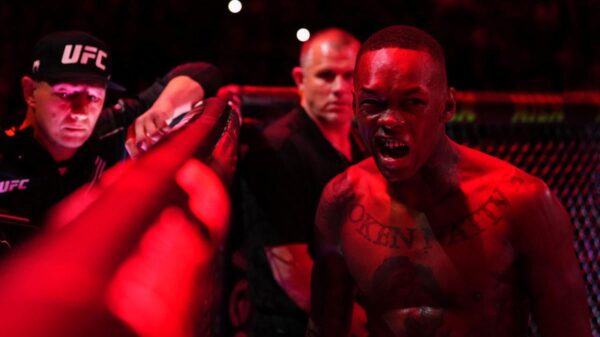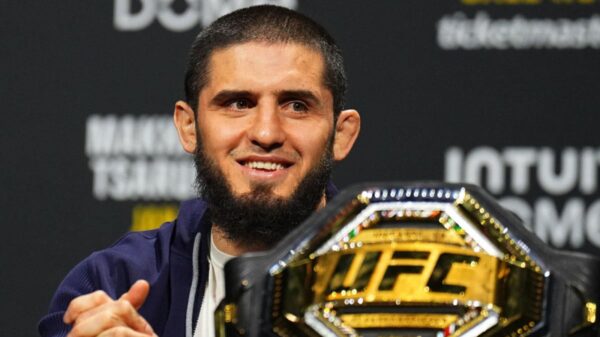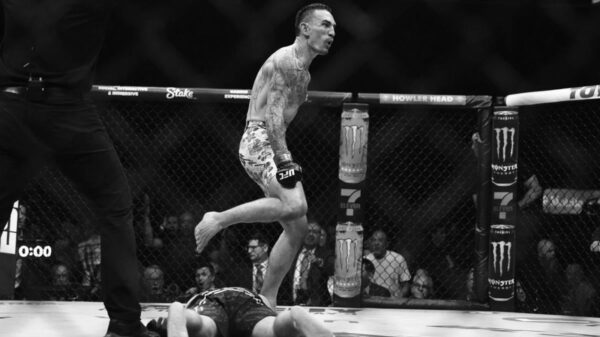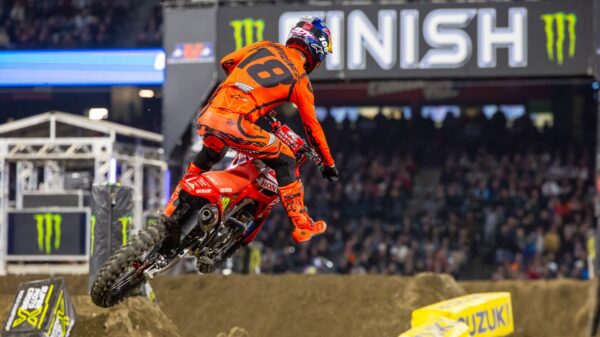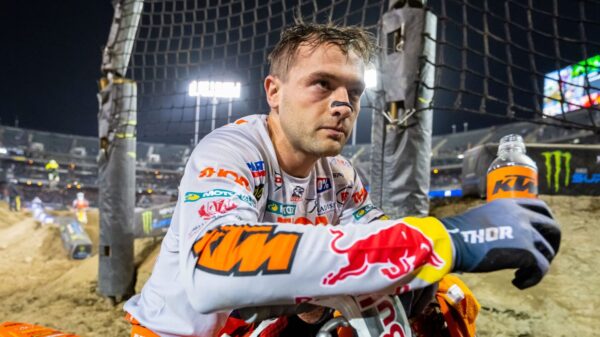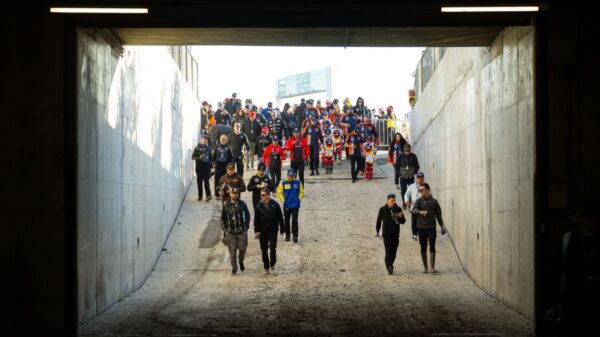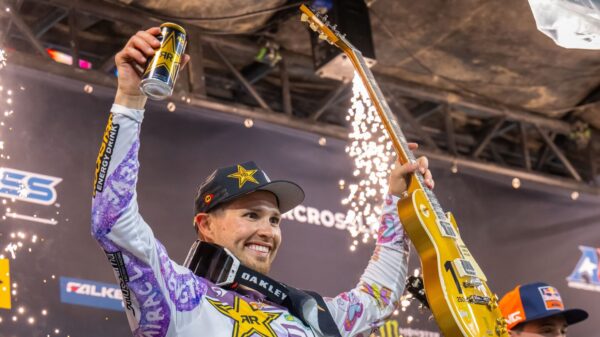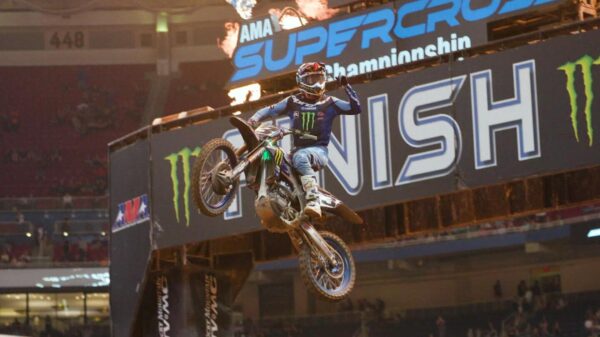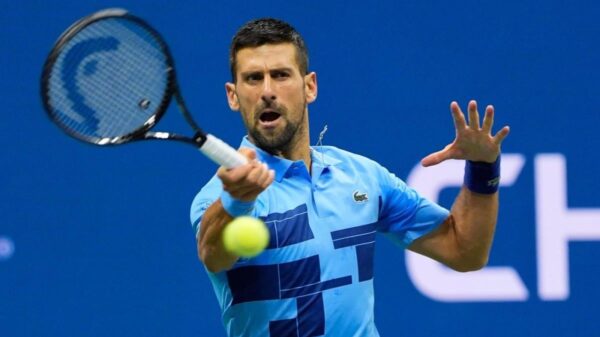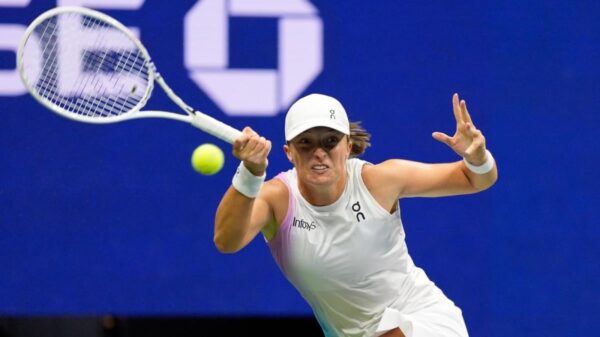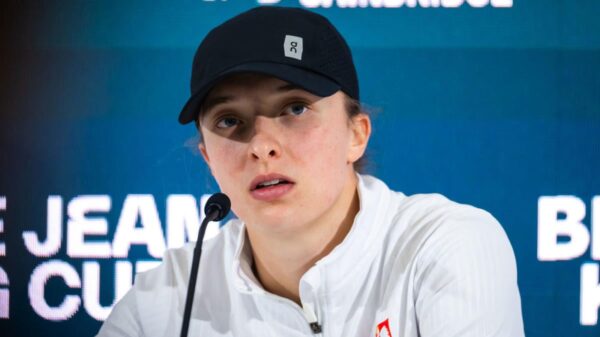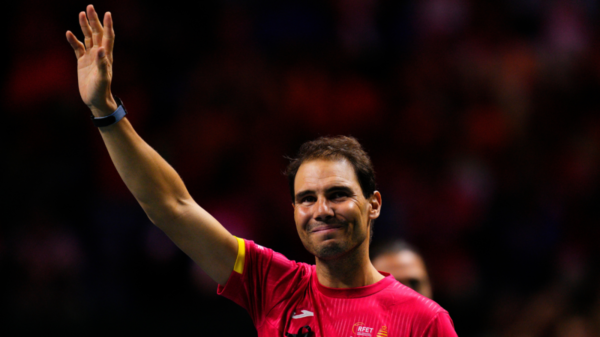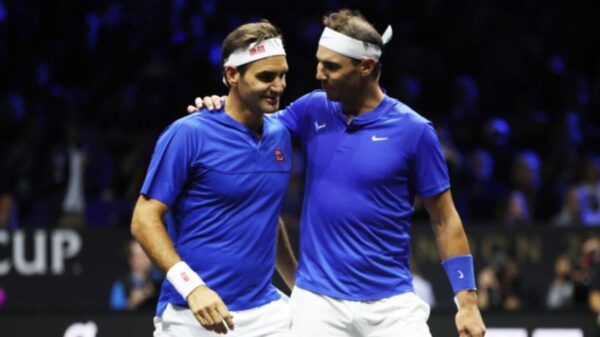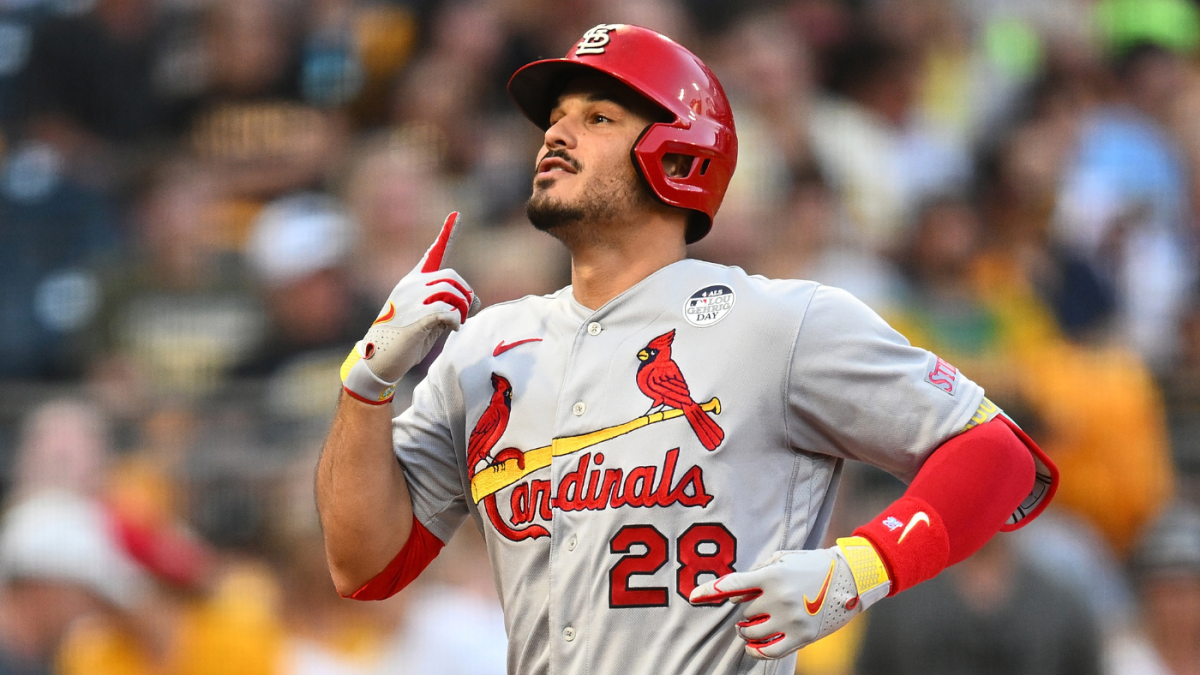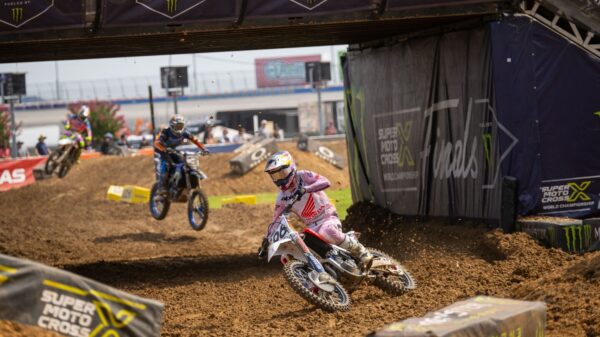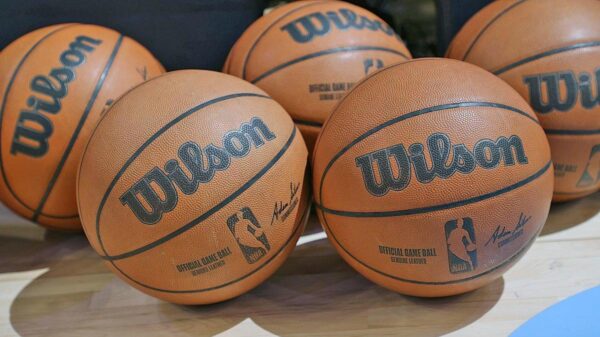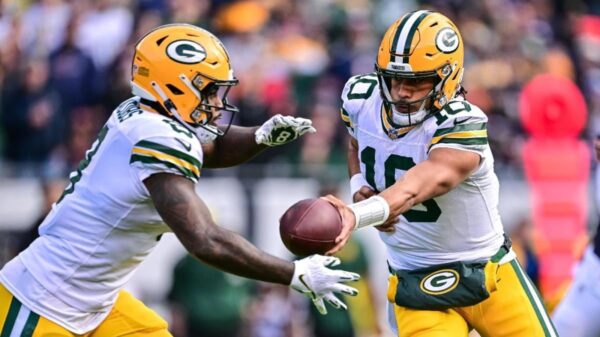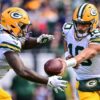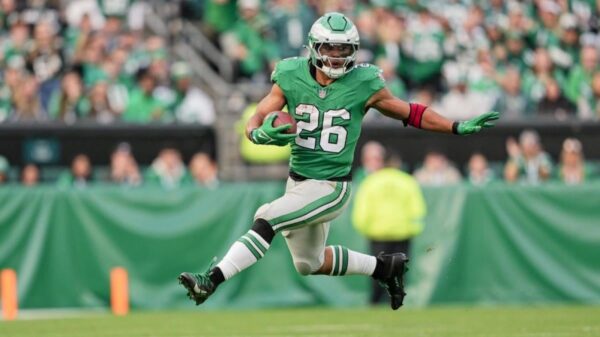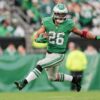The calendar has flipped to 2025 and we are in the dog days of the hot stove. January and February is typically when teams sit back and wait for free agents and potential trade partners to get desperate. Seven of our top 10 and 25 of our top 50 free agents have signed. Teams will put the squeeze on the remaining unsigned free agents with spring training approaching.
That also applies to teams with players they want to trade. Several significant players have been traded in January and February these last few years. The Corbin Burnes trade was last Feb. 1. The Luis Arraez/Pablo López trade was a January deal two years ago. Nolan Arenado was a January trade. Mookie Betts was a February trade. On and on we could go.
There will be trades between now and the start of spring training, that is inevitable, and some will involve big names. No longer are January and February a time for minor signings and small flips. Major business happens after New Years. With that in mind, here is a trade market reset with the 10 players (or 10 groups of players, really) most likely to move between now and spring training.
St. Louis has already agreed to one Arenado trade this offseason. They had a deal in place to send him to the Astros last month, but Arenado used his no-trade clause to block the move, and Houston pivoted to Christian Walker (with Isaac Paredes, acquired in the Kyle Tucker trade, at third base). The Cardinals owe Arenado $64 million over the next three years and were reportedly willing to pay down $5 million per year as part of the Astros trade. They might have to eat even more money to get a trade done before spring training.
Complicating Arenado’s trade market is Alex Bregman, who remains unsigned and gives potential Arenado suitors an alternative at third base, and thus leverage over the Cardinals. With his 34th birthday coming up in April, Arenado is now a league average hitter and above-average (i.e. no longer all-world) defender at the hot corner. He’s reportedly open to playing first base to facilitate a trade, which is a pretty good indication he wants out. Arenado at first makes no baseball sense given his third-base glove.
As for Gray, he’s owed $65 million over the next two years, which is not outrageous for a pitcher of his caliber. The challenge could be finding a team with $25 million (Gray’s 2025 salary) in spending room still available. This late in the offseason, many teams have spent most of their money, and the short-term control will limit Gray’s trade market to contenders. St. Louis is entering what they’re calling a “reset,” and lowering payroll is apparently part of it. Unloading Arenado and/or Gray is the easiest way to accomplish that.
Potential landing spots: The Red Sox and Yankees jump to mind for Arenado, though it’s unclear if he’ll approve a trade to the east coast. Maybe the Angels? The Cardinals may have a hard time finding a trade match for the nine-time All-Star. The Mets are a possible suitor for Gray, though he has a full no-trade clause and already one bad experience in New York. I’d love to see the Tigers get involved too.
It felt like Montgomery’s ticket out of Arizona was punched as soon as owner Ken Kendrick called signing him the “biggest mistake this season from a talent standpoint.” Not sure you can mend those fences. The Corbin Burnes signing means Montgomery is no higher than sixth on the rotation depth, and he’s really probably seventh seeing how Ryne Nelson out-pitched him in 2024.
- RHP Corbin Burnes
- RHP Zac Gallen
- RHP Merrill Kelly
- LHP Eduardo Rodriguez
- RHP Brandon Pfaadt
- RHP Ryne Nelson
- LHP Jordan Montgomery
Montgomery picked up his player option after the World Series and is owed $22.5 million in 2025. It may be impossible for the D-backs to unload that in its entirety, forcing them to eat some money to make a trade happen. As poorly as Montgomery pitched in 2024, he has a strong track record, and it’s a one-year commitment. Plus pitching demand always exceeds supply. The only question is how much salary will Arizona pay down to get a deal done?
Potential landing spots: I like the Giants as a fit. For both the team and Montgomery. Intra-division trades are always tricky, plus San Francisco made a run at Burnes and might not want to trade for Arizona’s cast-offs, but Montgomery’s a fit for them and their ballpark, and vice versa. I feel like the Nationals should get involved as well. Per Cot’s Baseball Contracts, their estimated 2025 payroll is currently about $23 million south of last year’s number. The Blue Jays are another possibility for Montgomery.
It has been a quiet offseason for Seattle. The only two players they’ve added to the 40-man roster from outside the organization are depth catcher Nick Raposo (waiver claim) and up/down corner infielder Austin Shenton (cash trade). The Mariners have not signed a single major-league free agent or traded for a bona fide big-leaguer. Indications are they must clear payroll to add to their offense, and trading Castillo would be the easiest way to do it. Logan Gilbert, George Kirby, Bryce Miller, and Bryan Woo are all too good and too cheap to trade. Castillo is owed $22.75 million each of the next three years, a reasonable rate even though he is not the pitcher he was at his peak a few years ago.
Potential landing spots: The Orioles are a must-mention here, even after the recent Charlie Morton signing. They badly need a high-end starter and Castillo, who has a full no-trade clause through the end of 2025, might be their last chance to get one before Opening Day. Castillo is so good and so affordable that just about every team makes sense as a landing spot. What about the Reds, Castillo’s former team?
Similar to the Mariners, the Padres have had a very low-key offseason to date. Low-key as in the only player they’ve added to the 40-man roster from outside the organization is Rule 5 Draft pick Juan Nuñez, who has yet to pitch above High Class-A. Spending has been reduced since owner Peter Seidler died in late 2023 and Cot’s Baseball Contracts estimates the team’s 2025 competitive balance tax payroll at $248 million. That’s above the $241 million CBT threshold and well above last year’s $228 million CBT payroll. If the Padres must cut payroll to make moves, trading Arraez and/or Cease is a straightforward way to do it. Both are a year away from free agency and projected for $14 million or so through arbitration. Trading either guy would clear money and also bring back talent, particularly Cease.
Potential landing spots: Unless a team is willing to put Arraez at second base, where his defense rates very poorly, his market figures to be limited to first base/DH-needy teams like the Mariners (who seem to have their own payroll issues) or maybe the Blue Jays. One year of control means Cease’s market will be limited to contenders. The Astros, Cubs, Mets, and Orioles are obvious fits.
It feels as though Baty’s time in Queens has run its course. He’s a classic change-of-scenery candidate, especially if the Mets are able to bring back Pete Alonso and keep Mark Vientos at third base. Baty, 25, hasn’t hit in his various MLB stints, but he was a top 25-ish prospect in baseball just two years ago, plus there is real power in his bat and he can handle the hot corner. More than a few teams would be willing to buy low on a talented left-hander hitter who might be a swing tweak away from launching 30 homers.
Potential landing spots: I looked at potential landing spots for Baty last month. The best fit for him is a rebuilding team that doesn’t need him to produce right away and can give a long runway to figure things out at the big league level. A contender trading for Baty and expecting him to contribute immediately might be asking too much.
The Rays trade their highest-paid players every offseason (Tyler Glasnow and Manuel Margot last year, Ji-Man Choi and Brooks Raley the year before, etc.) and they’ve already moved lefty Jeffrey Springs and the $21 million they owed him from 2025-26. Lowe ($10.5 million) and Díaz ($10 million) are scheduled to be the two highest-paid Rays in 2025. According to Cot’s Baseball Contracts, the team’s estimated 2025 payroll is currently $68 million, well south of last year’s $99 million payroll. Keep in mind though the Rays will play their 2025 home games at George M. Steinbrenner Field, a Single-A ballpark with limited capacity (yes, even by Rays standards). Basically, the Rays are willing to trade anyone at any time, particularly their highest-paid players. There’s no reason to believe Díaz and/or Lowe are off-limits.
Potential landing spots: Díaz’s first base bat and on-base ability would fit wonderfully with the Pirates, who could slide Spencer Horwitz to the outfield and (gasp!) add two quality bats in one offseason. Lowe’s lefty power and second-base glove would be an ideal fit for the Yankees. Maybe even the Dodgers too. It’s worth noting Díaz and Lowe both have club options for the 2026 season. They aren’t necessarily one-year rentals.
The Twins are another team in the “you realize the offseason has started, right?” group. The only players they’ve added to the 40-man roster from outside the organization are Rule 5 Draft pick Eiberson Castellano and depth catcher/first baseman Mickey Gasper, who came over in a minor trade. Minnesota is caught up in the Diamond Sports Group bankruptcy and MLB will take over the team’s local television broadcasts in 2025. That has apparently limited their spending. Paddack is owed $7.5 million in 2025. Vázquez comes with a $10 million price tag. That’s an awful lot for a pitcher who hasn’t been healthy and effective at the same time since 2019 and a defense-first catcher with a .265 on-base percentage the last two years.
Potential landing spots: The Athletics have spent the offseason adding payroll (Luis Severino, Jeffrey Springs, etc.) at least in part to avoid an MLBPA grievance about the way they’re spending (or not spending) their revenue-sharing money. Taking on Paddack and Vázquez still wouldn’t get the A’s to a $100 million payroll, but it would help the cause, and who knows? Maybe one or both play well and become trade chips at the deadline. Heck, the Twins might be so desperate to shed the money that they’ll kick in a prospect as a sweetener to get a deal done. Might as well call and ask, right?
The Yankees have already traded one big-league starter (Nestor Cortes for Devin Williams) and one Triple-A depth starter (Cody Poteet for Cody Bellinger) this offseason, so they may not want to move Stroman, who’s currently sixth on the rotation depth chart. Having six starters does not mean you have a surplus. It means you have enough starters to get through May. That said, Stroman carries an $18 million price tag in 2025, and the Yankees’ vision could be trading him, and then reallocating any savings on a cheaper depth starter plus something else. For what it’s worth, the Yankees reportedly offered Stroman for Arenado early in the offseason.
Potential landing spots: My guess is the Yankees are not so desperate to unload Stroman that they’ll attach a prospect to him to push a trade across the finish line. I don’t think they’re asking for a big return either, but I don’t think he’s a must-trade. One year of an expensive veteran depth starter could help a team like the Angels, Giants, or Rangers. Stroman does not have any no-trade protection, though he will gain an $18 million player option for 2026 with 140 innings pitched in 2025.
Within the next two weeks, we’ll learn where Japanese sensation Roki Sasaki will begin his big-league career. The Dodgers are favored to sign him, which does not mean it’s a done deal. It just means they’re viewed as the team most likely to land him. Adding Sasaki, and also the seemingly inevitable Clayton Kershaw re-signing (he says he’s going to play in 2025), would give Los Angeles an awful lot of starting pitchers. Imagine:
- RHP Shohei Ohtani
- LHP Blake Snell
- RHP Tyler Glasnow
- RHP Yoshinobu Yamamoto
- LHP Clayton Kershaw
- RHP Roki Sasaki
- RHP Tony Gonsolin
- RHP Dustin May
- RHP Landon Knack
- RHP Bobby Miller
- LHP Justin Wrobleski
There’s certainly risk there (Gonsolin, May, and Ohtani are all coming back from elbow surgeries), but the Dodgers have depth, and they have a tendency to trade role players when they begin to make real money through arbitration to keep the prospect pipeline flowing. Think Yasiel Puig, Ross Stripling, Alex Wood, etc. If Sasaki and Kershaw get done, which is hardly a guarantee, the next step could be flipping Gonsolin and his two remaining years of control. It certainly becomes more doable, if nothing else.
Potential landing spots: There would be no shortage of suitors for a good pitcher with two affordable years of control. The Astros, Braves, Mets, Nationals, Orioles, Rangers, Royals, Tigers, and Twins all make sense. So do the Padres, though I’m not sure the two division rivals will be able to swing a trade of this magnitude.
Earlier this offseason USA Today reported Pressly was being “extensively” shopped, though that was before the Astros saved a few bucks by effectively swapping Alex Bregman and Kyle Tucker for Isaac Paredes and Christian Walker. Those savings presumably lessen the need to trade Pressly, who’s owed $14 million in 2025 and can use his no-trade clause to pick his destination. Still, we know the Astros are at least open to moving him, and there’s always a market for battle-tested late-inning relievers.
Potential landing spots: Pressly has one year remaining on his contract, which will limit his market to contenders. The Cubs and AL West rival Rangers have a clear need for a Proven Closer™. The Diamondbacks, Mets, and Royals are also potential fits.
Read the full article here

